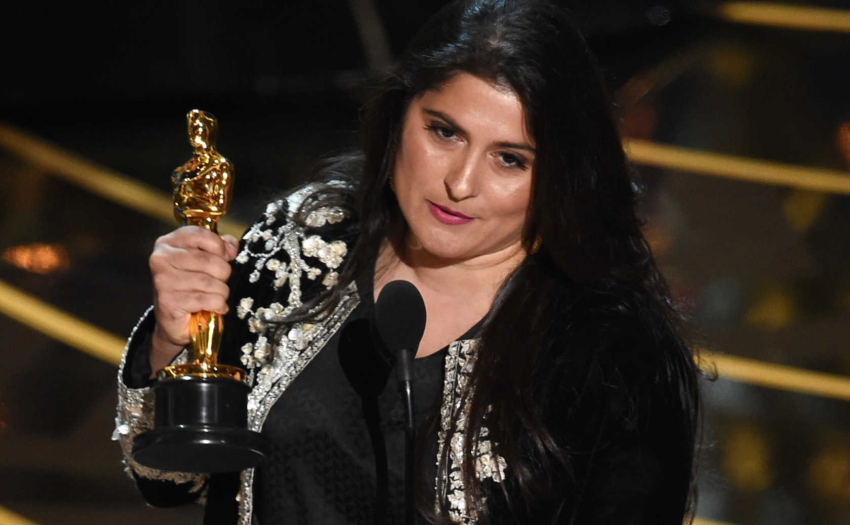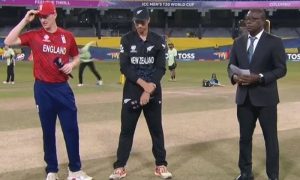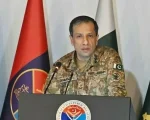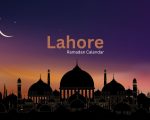Sharmeen Obaid Chinoy is the latest member of Pakistan’s liberal intelligentsia to be associated with financial irregularity. The second phase of the Panama leaks, released today, reveals her ownership of an offshore company, The Towellers Ltd, which was used for international transactions.
Chinoy hardly deserves to be singled out here. Owner of one of Pakistan’s foremost liberal newspapers, Sultan Lakhani was recently named in the Panama papers as well. Many also accuse him having massive loans written off using political connections.
Shaan Taseer’s liberal street cred also took some recent hits when he abused an independent journalist and activist for pointing out his very obvious privilege during an argument on social media. Even Najam Sethi, an old-guard liberal, was questioned for taking an all too charitable view of Adnan Sanaullah, when he was caught for allegedly raping a minor in Lahore.
Let’s, for a moment, forget who did or did not do what, or when. Instead, let’s focus on what happens when people who have made names out of championing liberal causes get accused or caught for something like financial wrongdoing.
It certainly doesn’t get them good press, that’s for sure. But that is them as individuals. What about the causes they claim to represent? Even the most well-intentioned calls for social justice begin sounding hollow the moment their champions’ names become muddy.
I won’t comment on the individual guilt of the people named above; that is for the black coats decide, if things are ever allowed to get there. But in general, Pakistani liberals have outdone everyone else in giving themselves a bad name.
As a group, we are enmeshed in the grid of powerbrokers running this country. We rarely, if ever, stand out of this grid. We own industries but pays workers starvation wages. We own land, sometimes even entire villages, but do little to improve the lot of those who harvest it. We supervise employees but pressure them to work long hours and forego their annual leaves.
Even when we are not in bed with power, we lack the ability to speak truth to it. We trot out the same old phrases to explain the lot of underprivileged, phrases like “illiterate”, “unprofessional” and “fatalistic”. We look on them with mild revulsion for having more than four kids. We fail to understand that in a country like ours, with a justice system like ours, having a large family is the only real guarantee that nobody will mess with you.
We use these terms and come up with explanations for inequality that puts all the blame on the underprivileged and none of it on us, the privileged. “How can he expect to give his kids a good life when he has 8 of them? How can he ask his eldest son to quit school to become a mechanic?!” we say in moral outrage, as if none of our decisions and actions had anything to do with keeping him where he is today.
But we rarely, if ever, reserve the same outrage for ourselves and those like us. That same father with 8 kids might have also had a better life if the tax money reserved to improve his neighborhood school hadn’t been smuggled out of the country. He would have had a better life if more of the money in the banking sector was available to people like him and less of it was available to people like us, who default on loans, almost at will.
Social justice is a worthy pursuit. Pakistan needs it. But liberal discourse in Pakistan needs to be remade first. And it needs to begin by looking inwards. Poverty and inequality are not naturally occurring in the wild. They are created and recreated by those at the top and in the middle.
Calls for social justice, like charity, need to begin at home. As liberals, it’s time we started looking at how our conscious and unconscious actions reinforce the plight of others. Tolstoy put it best when he said feeling genuinely sorry for those who carry us will not lighten their load. Only jumping off and using our own two feet will.
CORRECTION: This blog was published before the online release of the ICIJ’s searchable database listing companies and individuals named in the Panama leaks. The information that erroneously identifies Sharmeen Obaid Chinoy as an owner of an offshore company was taken from Umar Cheema’s article in The News International, published on May 9. The ICIJ online database does not list Sharmeen Obaid Chinoy’s name as the owner of an offshore company; however, it does mention the name of her mother, Saba Obaid.














